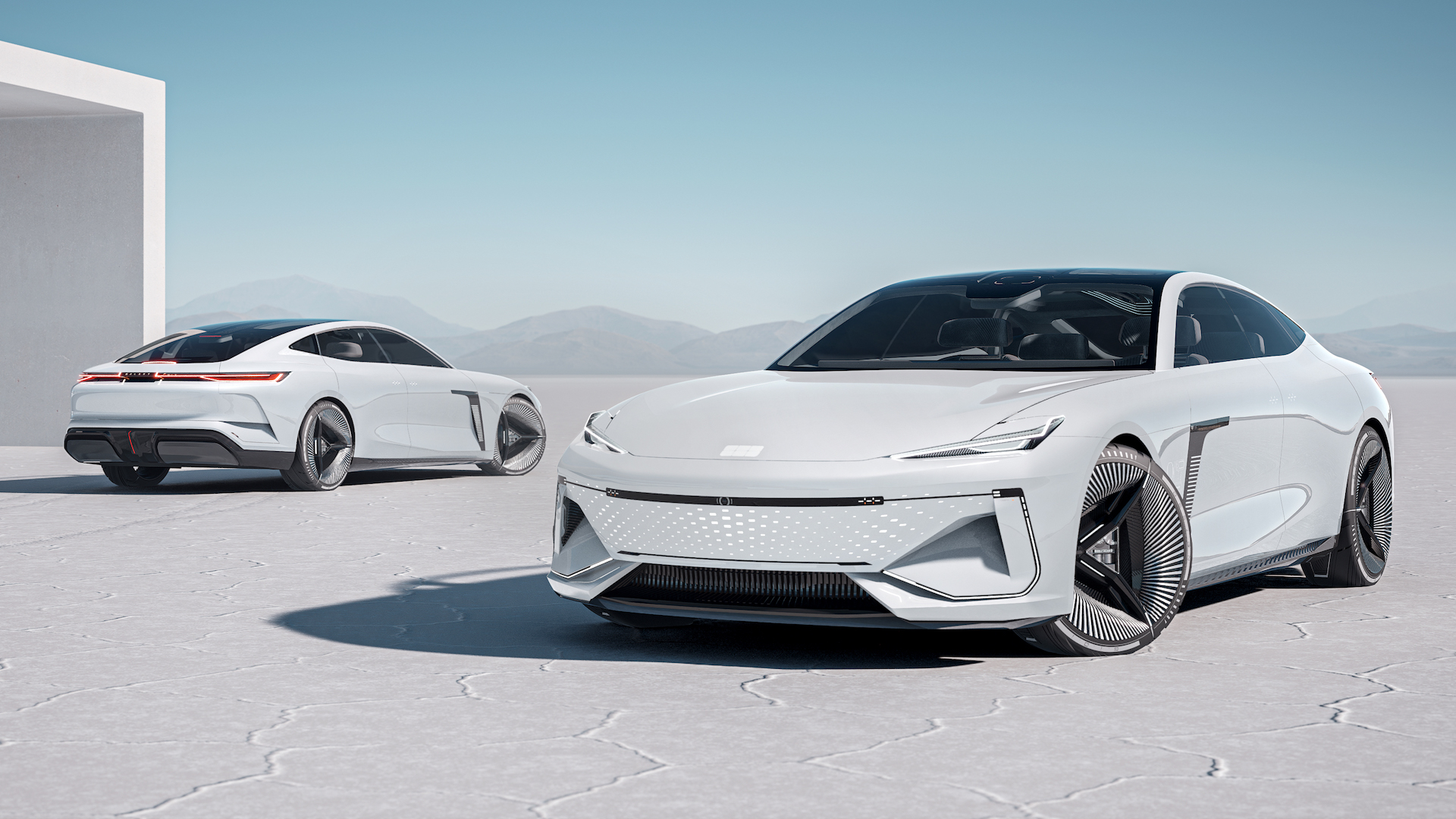

The Chinese car industry is rapidly maturing, and is now seen as a looming threat to legacy western carmakers. In fact, in some regards, Chinese automakers are pioneering new territory, with a supercar that can drive on three wheels to an electric SUV designed to float. It’s catching the west off guard, and encouraging it to take risks with new ideas according to Porsche’s chief designer, Michael Mauer.
Having joined Porsche in 2004, Mauer had a hand in Stuttgart’s most visible models, from the 918 Spyder hypercar to the 991-generation 911, Cayenne, Macan, and Panamera. Mauer has successfully translated Porsche’s design cues into new eras, but as recognizable as the through-lines have made his designs, they can also be limiting. He remarked in an interview with Bloomberg how not having that heritage can be an advantage to Chinese companies, but also that their fresh (if sometimes strange) approaches can inspire western brands to try new ideas.
“These startups, with no heritage, they can do things completely different,” Mauer told Bloomberg. “I consider it a positive thing actually, as a designer, because that makes the decision-makers—I.E., the management board—more open-minded.”

Porsche’s owner, the VW Group, was one of the first western success stories in the Chinese car market. The VW Jetta in particular was so successful that it was spun off into its own brand. However, VW’s market share has eroded in recent years with the rise of distinct, more China-attuned domestic brands, and Mauer offered a theory as to why.
“The success that Volkswagen brand had in the volume segment was, in my opinion, due to the fact that there was a strong focus on design and design quality,” Mauer continued. “Design is certainly not the biggest issue in the company, but it’s an area where I can still achieve a lot with relatively modest resources.”
Mauer views the turning tides as an opportunity for inflection, where Porsche can reexamine how it does things and why. He thinks he can have an outsize role in that process, especially with design being such a large part of the Chinese industry’s identity.
“I believe the German auto industry in particular has potential to be better,” Mauer said.

At the same time, Mauer knows he can’t just toss curveballs and hope for a strike; history shows that doesn’t tend to work. Too outlandish a concept could be off-putting, or it might be compromised by adaption to a production-ready shape.
“I always have this image in my head of this stone that you throw into the future. The question is, how far do I throw it? Hitting that sweet spot exactly, going far enough into the future, but not too far, is a real challenge,” Mauer concluded.
Got a tip or question for the author? You can reach them here: james@thedrive.com